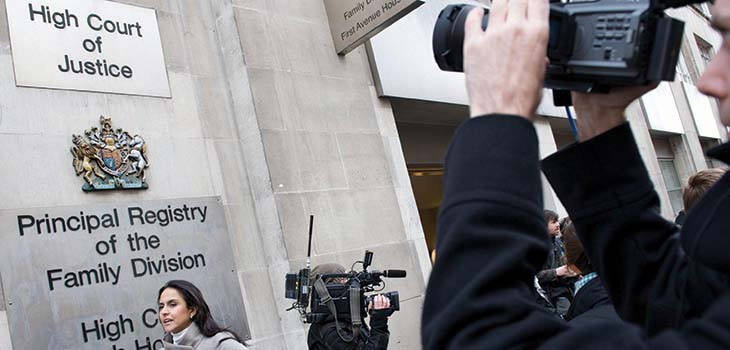
- The open justice principle in light of Mr Justice Mostyn’s recent decision in Xanthopoulos v Rakshina, in which he refused a party’s application for privacy, citing the importance of transparency.
A short series of ‘judgments’ over the past few months have seen the Family Division judge Mr Justice Mostyn dramatically turn poacher from his former prominent gamekeeper role, on the subject of open justice—especially anonymity—in matrimonial family proceedings. Suddenly a devoted apostle of privacy converts to open justice almost ad lib. A number of important legal principles—going beyond open justice—are engaged by these cases, including:
1) What is open justice (what many family lawyers euphemistically call ‘transparency’)?
2) To what extent may a judge differ from earlier judgments on the same subject; and even, in Mostyn J’s case, to change his own mind?
3) To what extent is a ‘judgment’ a definition of the law where the judge does









